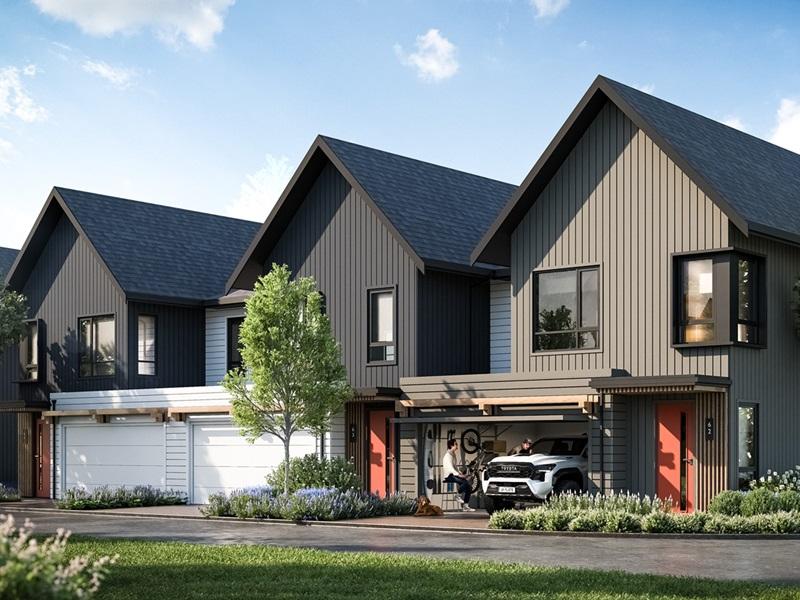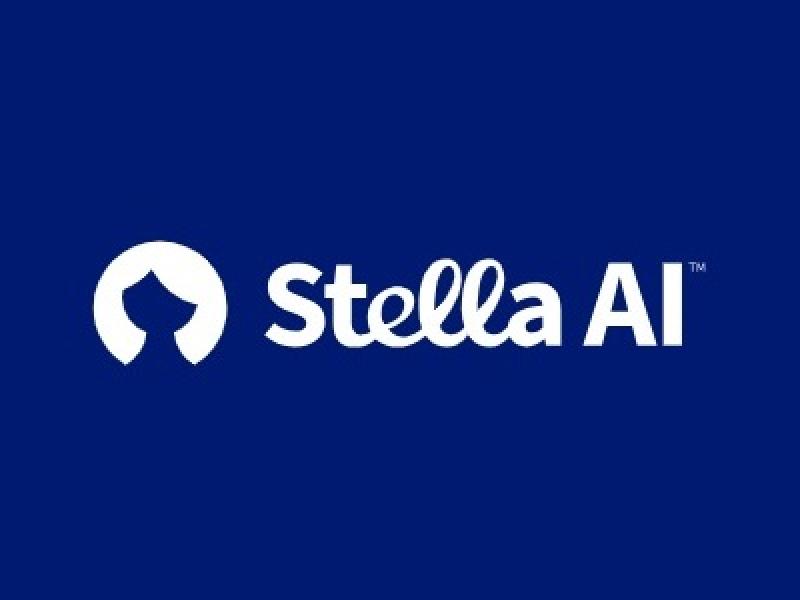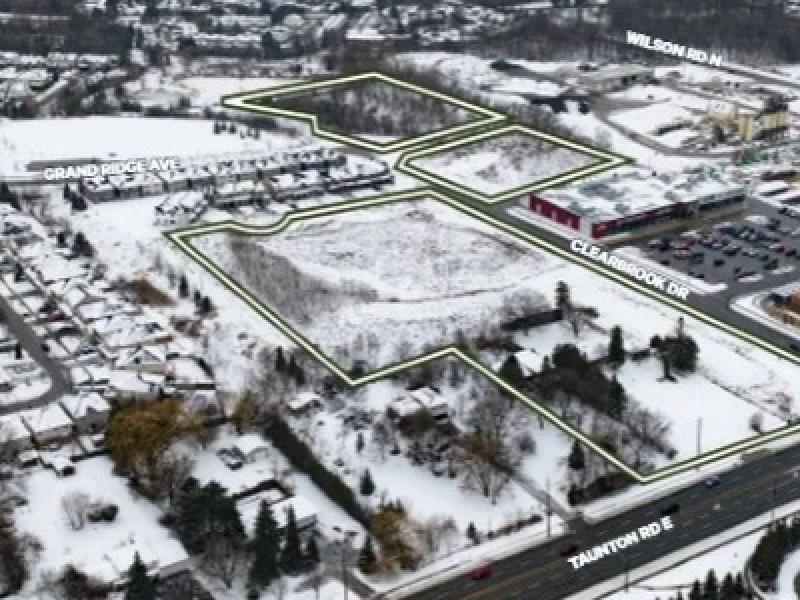
Thousands of homes in Vancouver are demolished every year, including many which remain perfectly suited for living. Renewal Development is literally uplifting homes with good bones and giving them second life as a sustainable alternative to demolition.
The Vancouver-based company performs clearing and demolition for homeowners and developers, but also offers an unconventional third service. Homes deemed to be in good condition are raised from their existing foundations and relocated to serve as housing for another owner.
Renewal then renovates the home, with a focus on green features that minimize carbon emissions.
“I saw an opportunity to rescue, relocate and repurpose more good homes that were slated for demolition,” Renewal founder and CEO Glyn Lewis told RENX Homes.
He believes “there’s too much demolition happening”, marking a “truly tragic” situation where homes that could be as little as a decade old, or which were renovated five-or-so years ago, end up undergoing unneeded destruction when owners sell or their plans change.
Currently serving primarily First Nations clients on the coast of B.C. which are in need of cost-effective, climate-resilient housing, he anticipates business ramping up with rising need for these types of services in B.C.’s major cities.
Relocating and revitalizing a house
Lewis, a sustainability and socially minded entrepreneur, was motivated to found Renewal in 2021 from a documentary and the experience of a family member.
An Inconvenient Truth brought home to him the need to address climate change. Then his sister’s Esquimalt home was bought by a developer, putting it on the chopping block. Instead of destroying the home, she suggested lifting and relocating it to Sooke, then repurposing the structure.
“It just really awakened me to this incredible opportunity,” Lewis said.
Looking at Vancouver, he suggested approximately 2,700 homes in the city’s metro area are torn down every year, with over 700 in good condition. In 2021, approximately 372,000 tonnes of construction and demolition waste was disposed of in Metro Vancouver, according to a report commissioned by the city.
Lewis developed a business model to rescue these homes while minimizing waste dumped into landfill, thus reducing the need for more materials that generates more carbon.
Like any demolition company, Renewal removes the structures and vegetation, handles permitting and the service disconnection of a site.
Homes are judged for the overall condition of features such as the roof, windows and interior finishes, and if its size and shape make it possible to move. Homes not fit for reuse are demolished, with any salvageable materials retained for future reuse.
If a home is in adequate condition, large steel beams are set beneath the floor joists. Hydraulic jacks elevate the steel beams and lift the house out of the foundation, which takes about two days. Renewal’s partner Nickel Bros. connects dollies to the steel beams, then the house is transported via truck and typically barge to its destination.
Once offloaded, the home is taken to its new site, where Renewal refurbishes it.
The company works with its First Nations partners to determine the destination for the house. The First Nation pays the difference in moving costs.
Renewal’s customers are typically homeowners seeking a larger home on their lot. The company is currently handling 25 homes, mostly from Metro Vancouver and Victoria. Those homes are mostly destined for First Nations communities in non-urban areas.
For the shíshálh Nation on the Sunshine Coast, it is providing 10 duplexes with the help of developer Wesgroup, drawing from homes that were meant for demolition.
Diverting from demolition
Having started from pitching its work to customers, Renewal has been attracting a growing number of inbound queries from potential clients, Lewis said.
“For a homeowner, builder or developer, there’s interest, if not incentives, for them to look at responsible removal of good buildings that would have otherwise been demolished.”
Critical to the service is being cost-competitive and time-comparable to demolition, Lewis said. Compared to buying a new house, Renewal’s model is 40 per cent to 60 per cent more cost effective. If Renewal could not achieve this, it would lose out to the demolition option, he added.
Lewis explained the shifting demand dynamic as a result of local municipalities incentivizing developers and homeowners to reduce construction waste entering landfills (accounting for approximately one-third of Metro Vancouver’s waste).
Renewal also saves on carbon emissions. By being more efficient with construction, the carbon generated from materials is reduced. The company uses grants to modernize windows and add insulation for energy efficiency, and incorporates solar panels to power the home with the sun.
A life-cycle analysis found Renewal reduces greenhouse gas emissions by 26 per cent over 60 years compared to building a new home. Over 100 tonnes of materials are diverted from landfill if Renewal can intervene for a 1,500-square-foot ranch-style home.
Lewis is concentrating Renewal on Metro Vancouver and Greater Victoria. With increasing regulation which promotes urban densification, he predicts more demolition taking place over the next five to 10 years, presenting an opportunity to save hundreds of additional homes every year.










